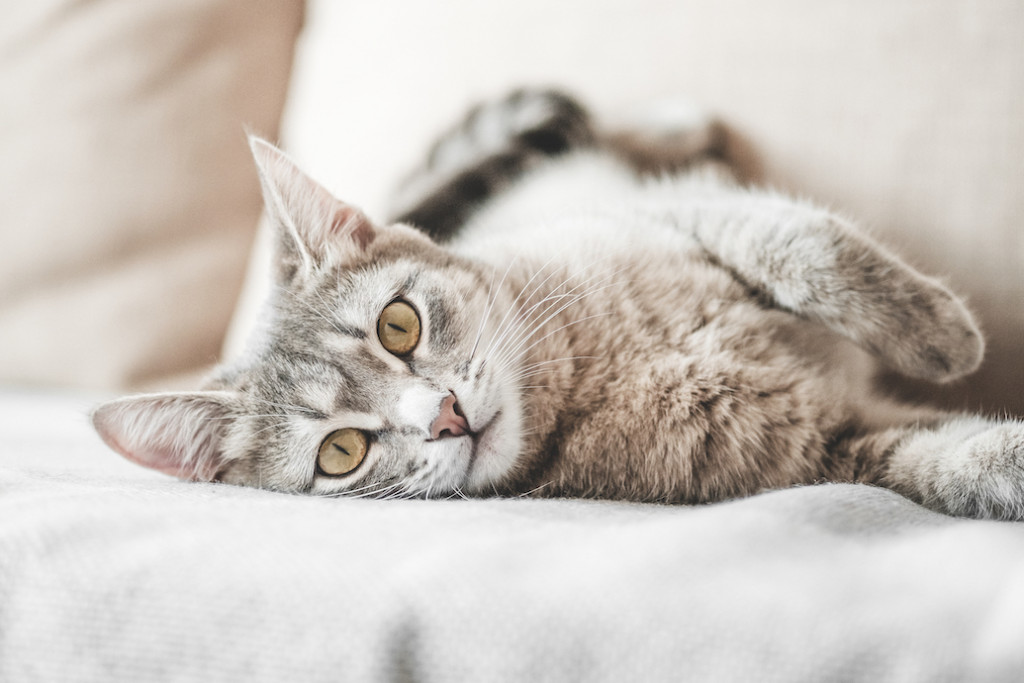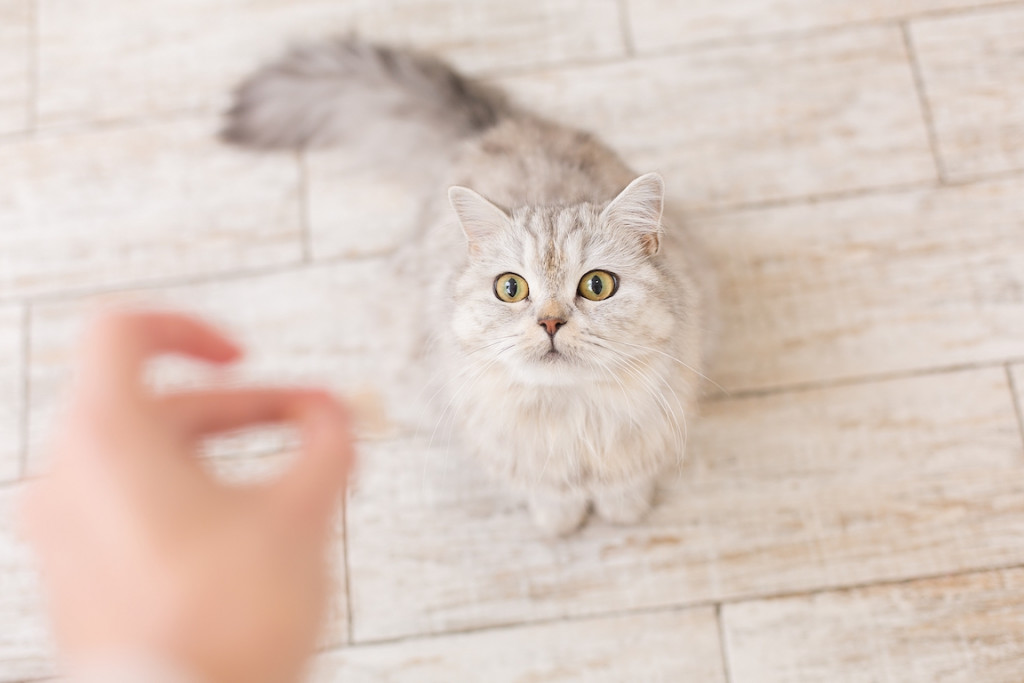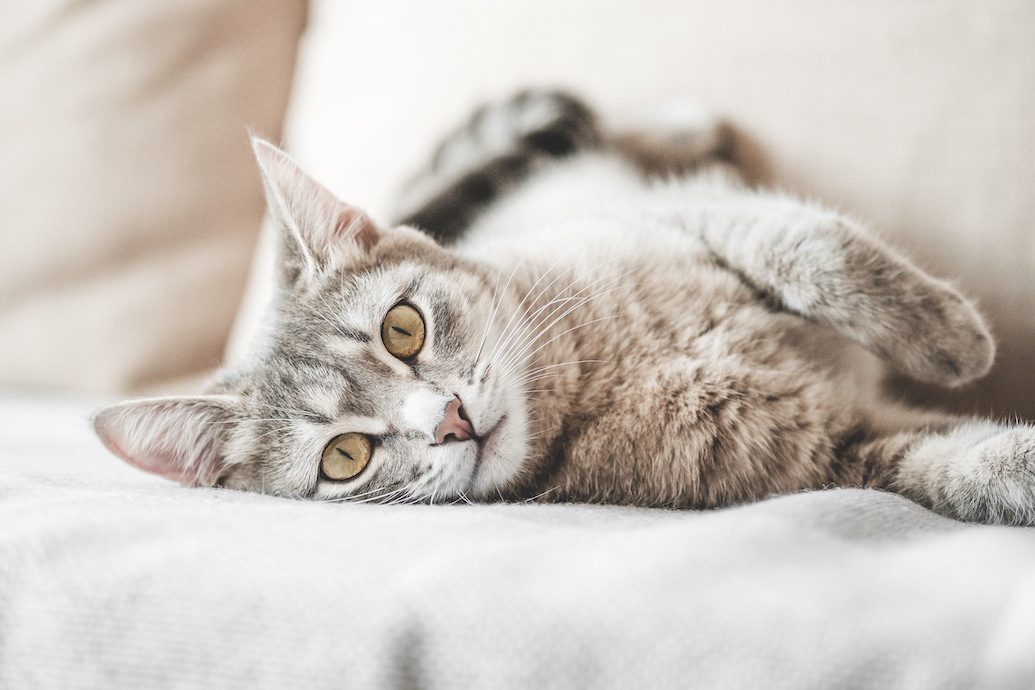
Being a pet parent is one of the most satisfying roles there is. But beyond the exciting play times and cute bonding moments lie the most important aspect of caring for our fur babies: proper nourishment. And a well-rounded nutrition starts with food.
As experienced pawrents, most of us have probably memorized by heart what to look for and what to avoid when it comes to pet food. We already know how to meticulously scrutinize labels and ingredients lists. GMOs, extenders, and fillers? No way!
Unfortunately, there’s still one sneaky raw material that deserves our attention and should not find its way to our precious pals’ food bowls: carrageenan.
What is Carrageenan?
Carrageenan may sound like an alien ingredient from an obscure planet, but it actually is a typical additive extracted from edible red seaweed. It is common in a lot of pet and human food, mostly used as a thickening and gelling agent. It is added to achieve a desired texture, consistency, flavor, and appearance. Sounds harmless? Not really. The truth is, there are two types of carrageenan and it’s important that we know how to set the two apart.
The first type is degraded carrageenan or poligeenan. It is chemically altered and not considered safe for pet and hooman consumption. According to studies, it can cause inflammation in the digestive system, as well as other potential health risks. It has been banned by the FDA in all types of pet and human food products.
Undegraded carrageenan, on the other hand, is the food-grade counterpart found in most pet food. It is used to thicken and emulsify pet food as well as to stabilize wet food, helping to keep the oil and water from separating. Undegraded carrageenan is safe to use and is approved by the FDA and AAFCO.
What’s the real deal?
Although considered safe by the FDA and AAFCO, studies have found conflicting findings about carrageenan’s effects on our fur babies’s long-term health and wellness. Some of these alarming concerns include carrageenan’s potential to cause cancer, stomach inflammation, and digestive issues, such as bloating, diarrhea, and abdominal pain to pets. It has also been noted that even undegraded carrageenan, considered “safe” and food-grade, contains trace amounts of the more harmful bits. It is also worth noting that carrageenan contains no protein, fat, or carbs, meaning it doesn’t provide nutrition at all.
Definitely a cause of concern for fur parents everywhere. This is why choosing the best carrageenan-free pet food is critical.
Don’t worry, Loveabowl is carrageenan-free!

The good news is there are pet foods without carrageenan, like Loveabowl! Each bag of Loveabowl is brimming with only high-quality ingredients. No preservatives, no extenders, no growth hormones, and definitely no carrageenan. Only all-natural goodness that makes each mealtime deliciously healthy, hearty, and safe for your precious pet.
Each ingredient of Loveabowl is carefully curated with your pet’s health in mind, intended to only provide their specific nutritional needs. These ingredients include novel proteins like Snow Crab and Atlantic Lobster and superfoods like berries, kelp, and lentils. Now that’s worry-free feeding and pawrenting!
To make sure that the food or treat you give your pet is absolutely carrageenan-free, take note of these names that this additive may also be listed as Irish Moss Algae, Vegetable Gelatin, Chondrus, or Danish Agar.
For now, the best course of action to avoid carrageenan is to make sure to read and double-check the label before adding it to the cart and sticking to trusty pet food without carrageenan like Loveabowl. And if you have further concerns about your pal’s diet and overall health, remember to always seek professional help.


